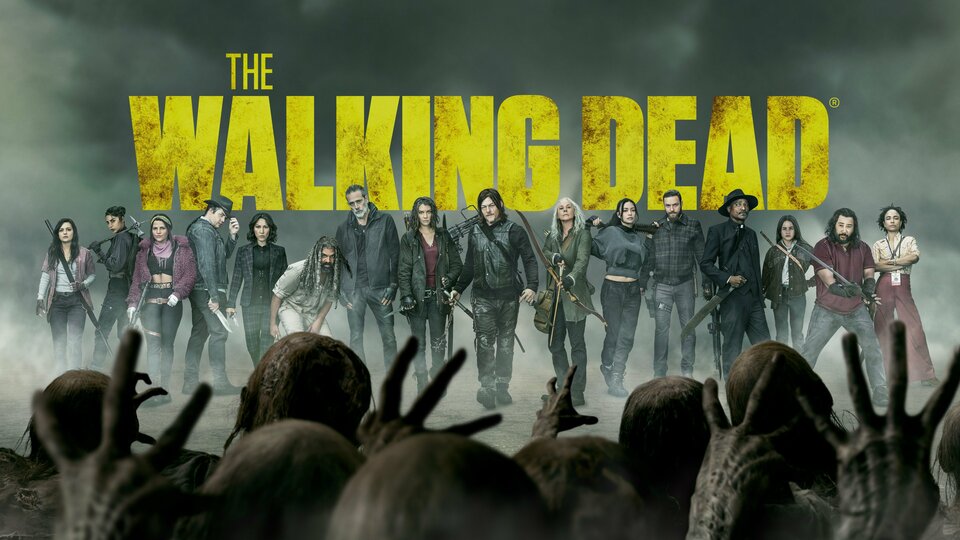The Walking Dead is more than just a show about zombies, it is a mirror reflecting the fragility of human society. At its core, the series is a commentary on the human condition, exploring how people respond when the structures of civilization crumble. In a world where the dead walk and the living are often more dangerous, the show forces us to confront uncomfortable truths about our own nature. It asks us to consider how we would act in the face of unimaginable hardship and whether our moral compasses would hold firm or shatter under pressure.
One of the most striking aspects of The Walking Dead is its portrayal of leadership and power dynamic. Throughout the series, we see various characters rise to power, each with their own vision for the future. Some, like Rick Grimes, strive to uphold a sense of justice and morality, while others, like the Governor and Negan, embrace tyranny and brutality. These contrasting approaches to leadership serve as a stark reminder of the delicate balance required to maintain order in any society. The show challenges us to think critically about the leaders we choose in our own world and the consequences of their decisions.
However, The Walking Dead also highlights the resilience of the human spirit. Despite the constant threat of death and despair, the characters find ways to build communities, form bonds, and hold onto hope. This emphasis on connection and solidarity is a powerful reminder of the importance of compassion and empathy, even in the darkest of times. The show suggests that, while survival may require difficult choices, it is our humanity that ultimately defines us.
The series does not shy away from the darker aspects of human behavior. Betrayal, greed, and violence are recurring themes, underscoring the idea that the real monster in The Walking Dead is often the living, not the dead. This bleak portrayal of human nature serves as a cautionary tale, urging us to reflect on the choices we make and the values we uphold in our own lives.






